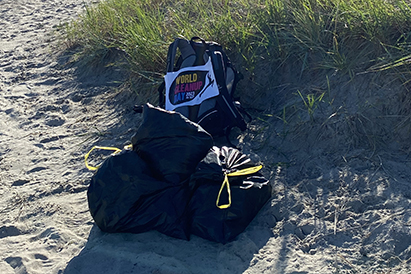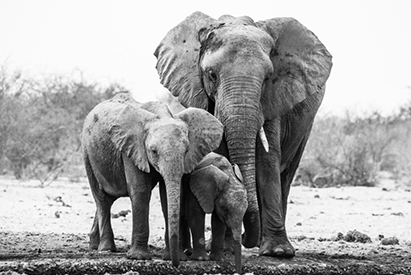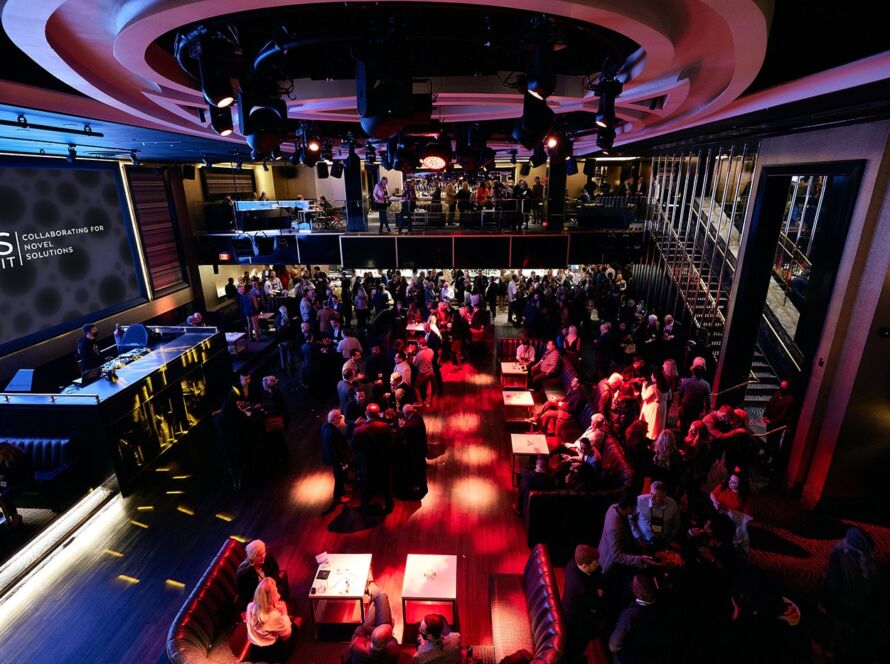When I moved to Estonia, I understood that the Baltic Sea is one of the most polluted bodies of water on Earth. Nutrient runoff causes algal blooms, depleting oxygen and making water dark and murky. Urban litter and industrial chemicals that end up in the sea harm its ecosystems. Overfishing and climate change have also added their own long-term effects.
I met Mari Sepp who manages the Cleanest (https://lifecleanest.ee/en/improving-status-water-bodies-ida-viru-and-laane-viru-counties)co-funded by the EU’s LIFE programme. It focuses on inland water bodies including rivers that bring pollution to the sea. Sepp told me that the positive news is that in the past 30 years, “nutrient pollution in the Baltic Sea has been reduced by roughly 50%.”
“The focus now has changed from nutrients to dangerous substances, urban litter, drug residues, oil and trash from shipping, and alien species.”
So, as urban litter washing down drains into the sea is something I can do a small part to help remove, I set-up People for Sea MTU and volunteers clean the beaches around Tallinn. On *World Clean-up Day 2023 (https://www.worldcleanupday.org/) I made an early solo clean at Angel beach close to the Port. The sacks are full of small plastic pieces, cigarette butts, and butt-contaminated weed. We don’t have PET bottle/cans on beaches as the deposit scheme that smart countries have had in place a long time https://eestipandipakend.ee/en/how-does-the-deposit-system-work/) gives them a value.
*World Clean-up Day 2022: nearly 15 million people from 190 countries participated despite challenging circumstances, also in Ukraine




